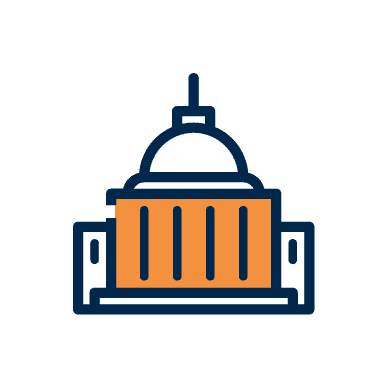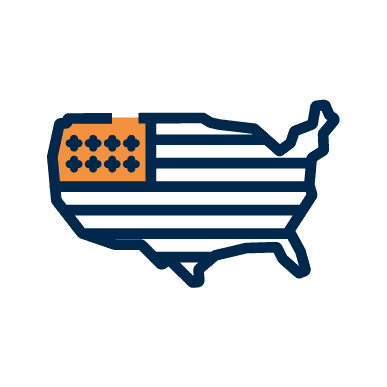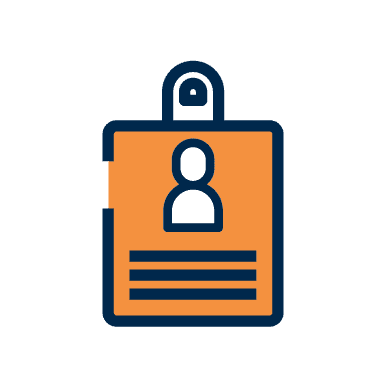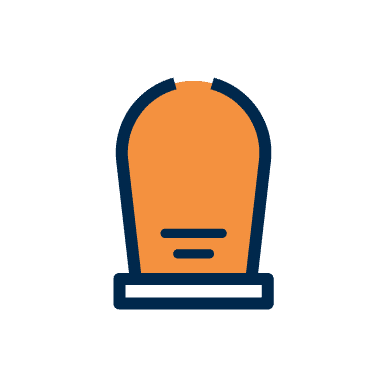Kroger Asked to Shell Out $21,523,047 for allegedly violating the Civil Monetary Penalties Law
In December last year, retail food chain Kroger, headquartered in Cincinnati, Ohio, agreed to pay a whopping $21,523,047 for violating the Civil Monetary Penalties Law. Under this law, the Office of Inspector General (OIG) can impose civil monetary penalties (CMPs) against errant health providers.
Under the OIG’s self-disclosure protocol, healthcare providers can approach the OIG on their own and disclose or identify matters that potentially involve defrauding a federal healthcare program (FHCP), for example, Medicare and Medicaid.
The Kroger incident was one of the biggest self disclosure stories of the year. The OIG stated that Kroger had in its employment 14 excluded individuals who were barred from taking part in federal healthcare programs; and that the company filled prescriptions, the costs of which were borne by a federal healthcare program, that were prescribed by 84 excluded individuals.
The minimum fine that a provider has to face when it comes forward with a self disclosure is 1.5 times the amount paid by the FHCPs. The penalty of around $21.5 million imposed on Kroger could’ve been much higher if, instead of a self disclosure, the company would’ve faced a government investigation.
CMPs can be imposed for breaches that include false claims, claims submitted with false certification of physician’s license, claims presented by an excluded party, physicians, and suppliers giving false information that could influence the discharge of a patient from the hospital, ownership of an excluded party in the interests of a participating entity, dealing with an excluded contractor or individual, inducing referrals through inappropriate remunerations, etc.
One way to reduce CMPs is to conduct regular self audits in a timely manner and ensure that the wrongly acquired claims are paid back. However, the best situation to be in is to altogether avoid Medicare and Medicaid fraud.
The best way to do so is to regularly check the OIG/LEIE and other state & federal databases for details on excluded individuals. This exercise should always be carried out before hiring or contracting employees, physicians, and other practitioners as well as on a monthly basis. Consider name changes and compare data such as birthdates, social security details, employee identification numbers, etc. Applicants, providers, and employees should immediately notify you if they are excluded from federal programs.
Your business can be penalized for mistakes not entirely of your own making. Keeping penalties at bay requires diligence and specialized knowledge about healthcare laws. Outsourcing your compliance requirements can save you both time and money; increasingly, organizations are finding that outsourcing works better than having a full-time compliance officer in the company.




































